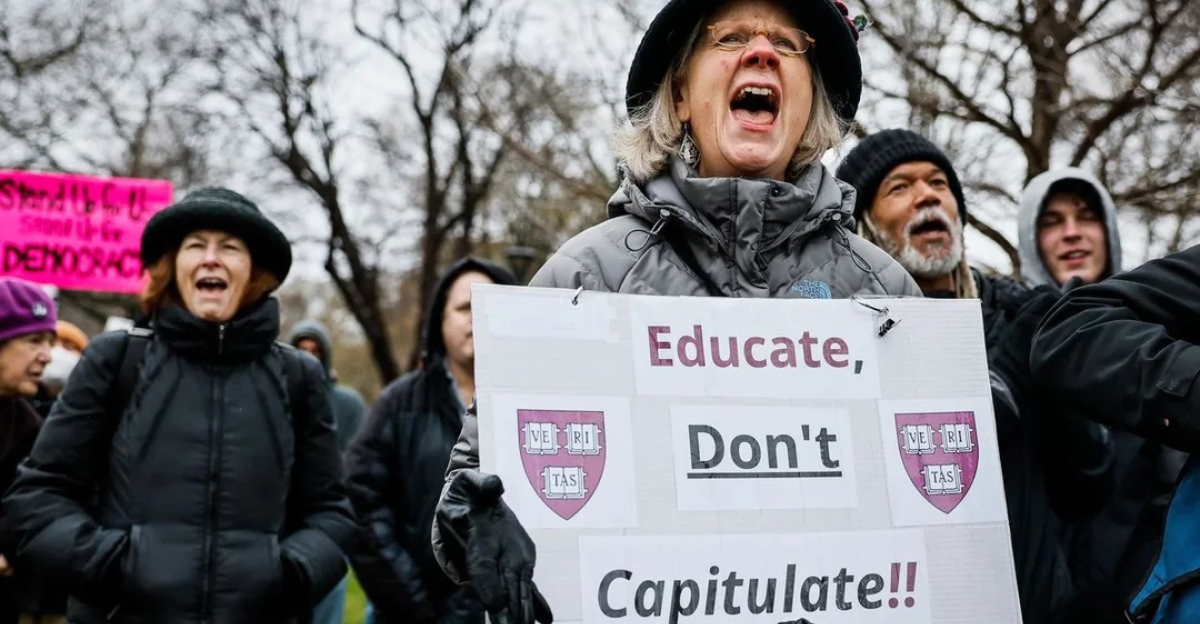
On June 3, 2025, Harvard filed suit in federal court against the Trump administration. Why? The DHS (Department of Homeland Security) had made an aggressive move to revoke Harvard’s ability to host international students, a move widely seen as politically motivated; and the elite learning institution was having none of it. In the lawsuit, the school argued the action violated constitutional rights and would do serious harm to both the institution and its students. A federal judge was convinced and sided with Harvard…for now, issuing a temporary block, which remains in place.
Elite schools like Harvard aren’t going to stay quiet when the government tries to flex. And while it’s just the beginning, the fight is starting to reveal something deeper about the relationship between universities and political power in America. Let’s read on to explore what it means for US colleges.
Background: The Trump Administration’s Campaign Against Elite Universities
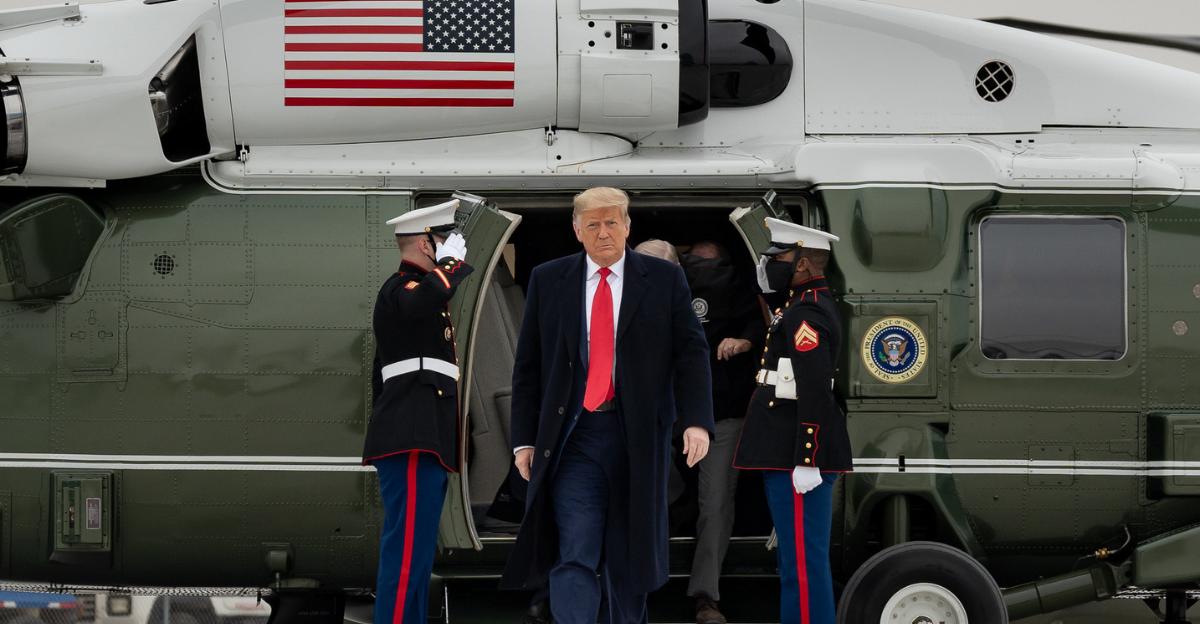
If you think the fight between Trump and schools like Harvard just started with this lawsuit, you’ve missed the buildup. This didn’t come out of nowhere. For years, the Trump administration has painted elite universities as liberal echo chambers in need of a reality check. The message was clear: these places are too powerful, too political, and too out of touch.
So, Trump’s government officials, with this move, claimed they were cracking down on bias and restoring balance. But inside higher ed, it felt more like punishment for not towing the ideological line. Harvard, being high profile and unapologetically global, made for an easy target.
This lawsuit isn’t the start of anything. It’s just the latest, loudest moment in a long fight. And no, it’s not slowing down anytime soon.
The Legal Battle: Key Arguments from Harvard and the Government
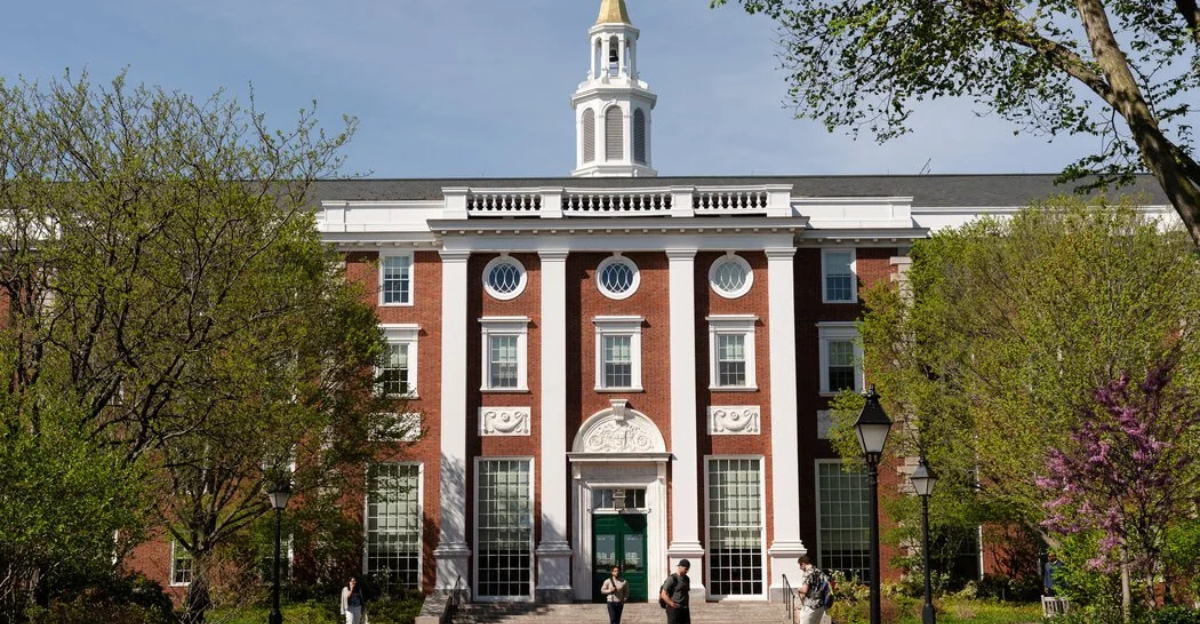
At the heart of the legal fight was a pretty high-stakes question: can the federal government abruptly yank a university’s ability to host international students without due process? Harvard said absolutely not. In its lawsuit, the university argued that the Department of Homeland Security’s move violated both administrative law and the Constitution, specifically, the Fifth Amendment’s due process protections. The school also pointed to harm that would ripple out fast: students losing visa status, classes disrupted, and damage to its academic programs.
The government, on the other hand, leaned on national security and immigration authority. It claimed that institutions don’t have a guaranteed right to host foreign students and that federal agencies can adjust those permissions as needed. But the court wasn’t convinced, at least not yet. The judge issued a temporary block, siding with Harvard’s argument that this wasn’t just a policy shift. It looked like retaliation. Consequently, the legal fight is still heating up.
Impact on International Students and Visa Sponsorship
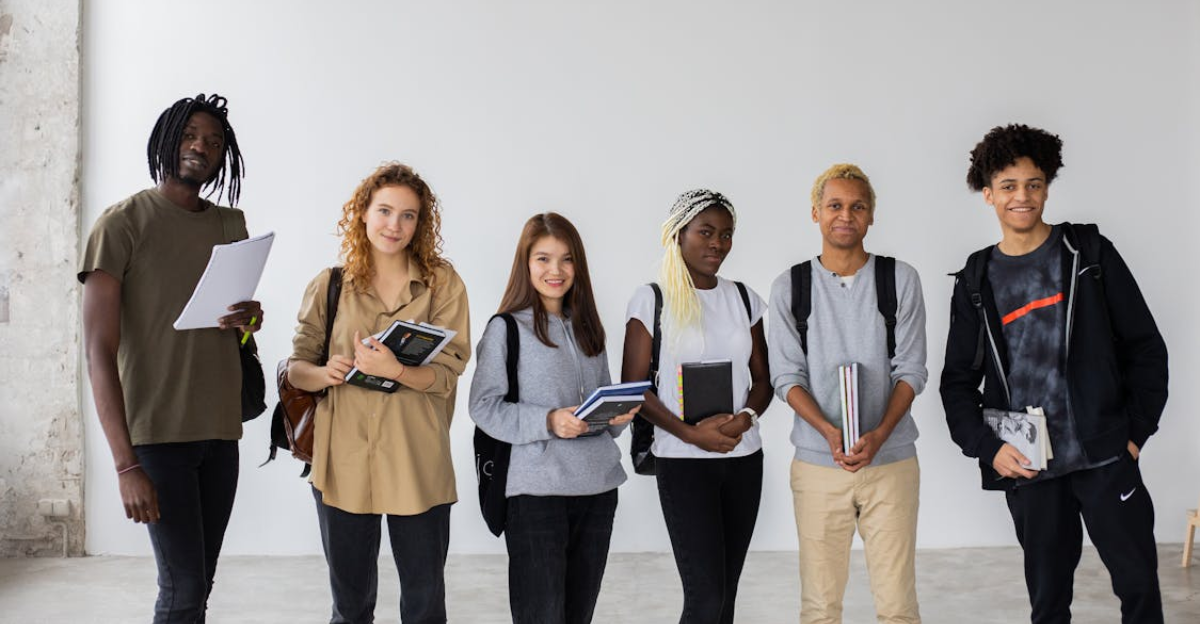
For international students at Harvard, this lawsuit wasn’t just some headline drama. It was personal. If the government had gotten its way, thousands of students could’ve lost their visa status overnight. That means scrambling to leave the country, dropping out of programs, or facing legal uncertainty. And all of these, through no fault of their own.
Harvard argued that the DHS decision would throw its international community into chaos, and honestly, they weren’t wrong. These students aren’t just here to study. They’re part of research teams, labs, teaching programs, and the broader campus life. Cutting off visa sponsorship would’ve upended everything. For many of them, this court win was the difference between staying on track and being forced to pack up and leave mid-degree.
Academic Freedom and Constitutional Rights at Stake

Harvard argued that the government was stepping on academic freedom and crossing a First Amendment line. This wasn’t just some routine policy change. It felt political and retaliatory. And when the government starts going after schools for what they stand for, you have to ask, “where does that stop?”
Universities are supposed to be places where ideas, even the messy and unpopular ones, get a fair shot. But pressure like this makes it harder to speak freely. It pushes schools to self-censor just to stay out of trouble. That’s not how freedom works. Now the courts have to decide how far the government can go before it stops being oversight and starts being punishment.
Federal Funding and Research Grants: Financial Pressures on Harvard
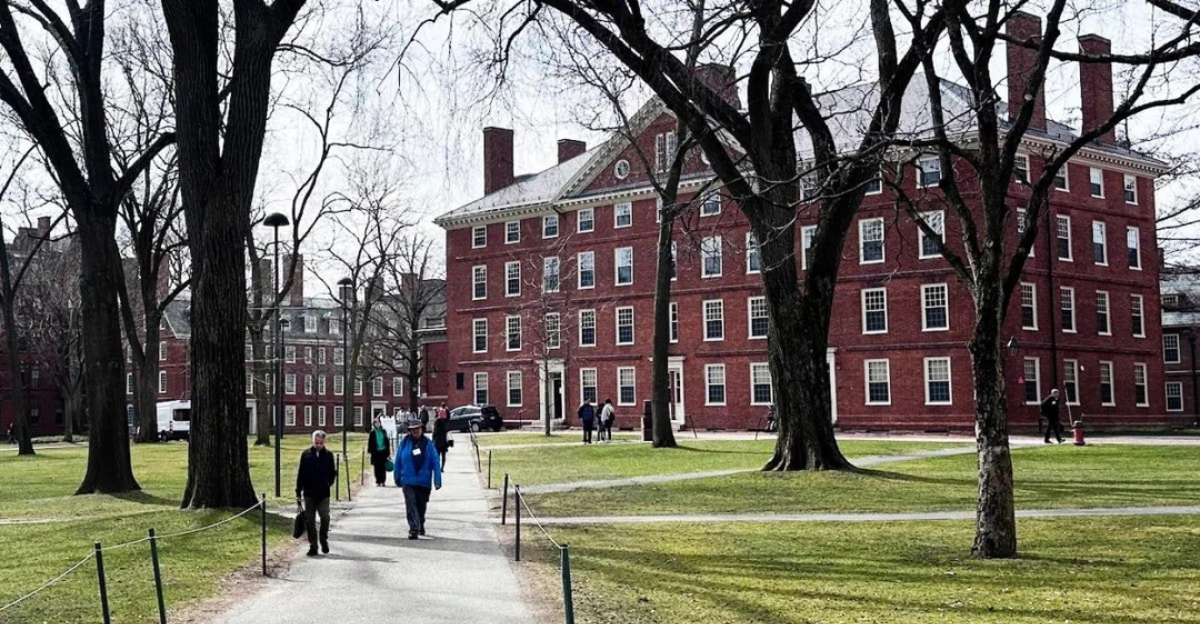
It isn’t news anywhere. Harvard isn’t just a school. It’s a research powerhouse that pulls in hundreds of millions in federal funding every year.
So when the Trump administration started flexing its muscles by freezing or threatening to pull research grants, the message was loud and clear: play ball or pay the price.
The university argued that this kind of financial pressure was both punitive and damaging. Losing federal funding would hit everything from medical research to climate studies to tech development. And it wouldn’t just hurt Harvard; it would affect students, faculty, and even broader industries that rely on university-led innovation.
Broader Implications for U.S. Higher Education
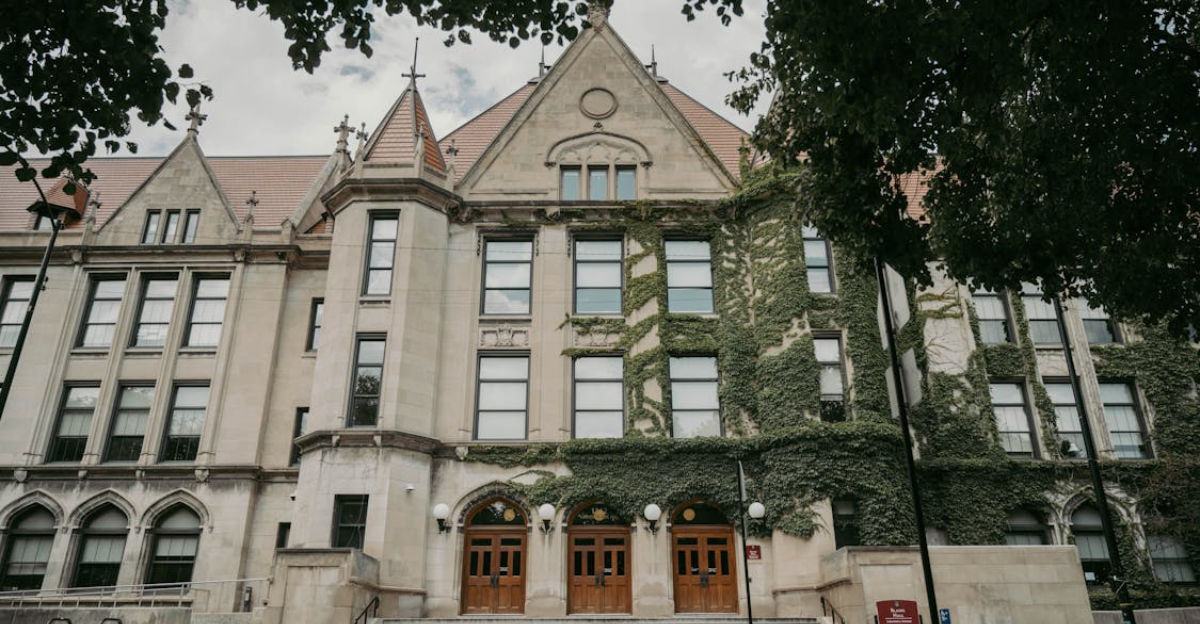
This case might have Harvard’s name on it, but the impact goes way beyond one Ivy League school. Colleges across the country (big and small, public and private) are watching closely. If the federal government can threaten visas, funding, and autonomy at Harvard, what’s stopping it from doing the same elsewhere? That’s the worry. This isn’t just about defending elite institutions. It’s about protecting the ability of all universities to teach, research, and operate without political interference.
Schools rely on international students, federal grants, and academic independence to function. If those things become bargaining chips in a political fight, the whole system gets shaky. This case could set a precedent for how much leverage the government has over higher ed. So, regardless of whether you’re running a research lab at MIT or teaching undergrads at a state college, the question now is the same: who’s really in control of your campus?
Reactions from Academia and Legal Experts
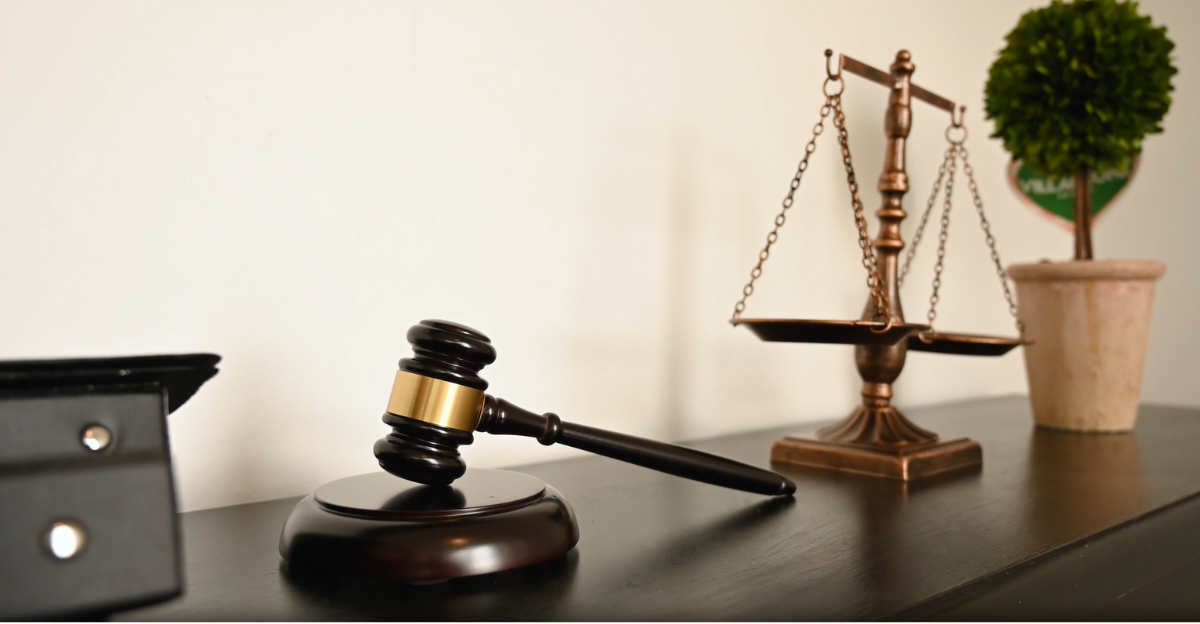
Campus and legal communities have been vocal since the ruling. Eighteen universities, including MIT, Yale, and other Ivies, joined Harvard in a show of support, calling the federal funding freeze a dangerous political move that threatens collective research capacity.
Professors and college leaders warn that targeting one campus could chill free inquiry nationwide. Legal experts are split: some flag the president’s broad immigration authority, while others say this unprecedented targeting of a single school crosses constitutional lines.
Among academics, the sense is sharp: this is far more than a visa or grant dispute. It’s a test of whether universities can maintain autonomy, or if political agendas will start to dictate academic life.
The Future of the Case: What’s Next in the Courts
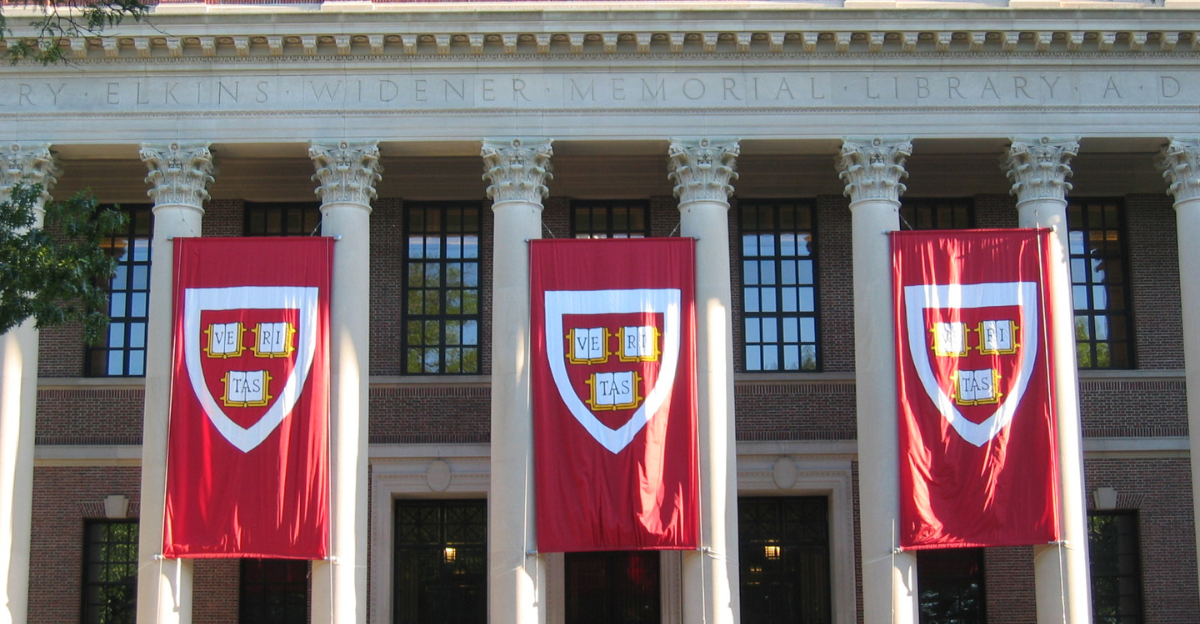
Like we said earlier, this isn’t over. Harvard may have scored an early win, but it’s just the first round. The judge issued a delay on the ruling to temporarily block Trump (not a final decision) so things are likely heading to appeals.
The Justice Department isn’t backing down anytime soon, and odds are they’ll keep pushing hard in the next phase. Harvard knows this, and they’re clearly gearing up for a long legal battle. Some experts even think it could land in the Supreme Court, especially with the constitutional questions in play. So, Harvard can exhale for now, but the real fight is just getting started.
Conclusion
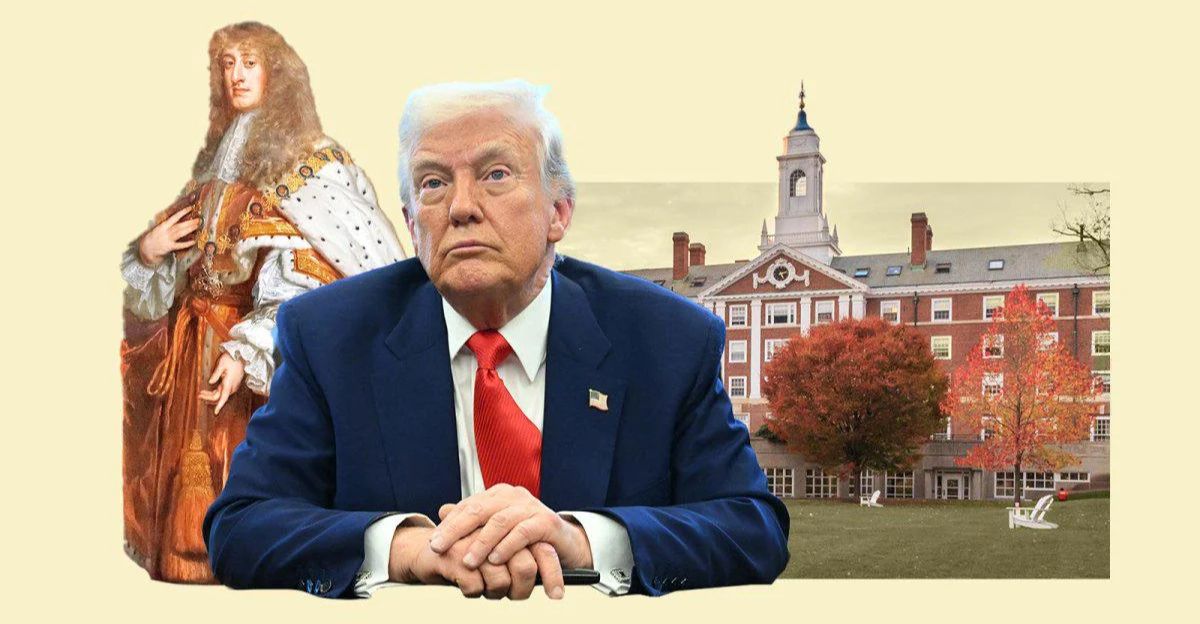
Harvard’s win proved one thing: even the most powerful branches of government can be challenged when academic freedom and student rights are on the line. In this, it isn’t just a win for one school, it’s a win for colleges everywhere! It brought up questions about who really gets to shape higher education in America.
While the legal battle isn’t over, the message so far is clear: universities aren’t going to quietly fold under political pressure. For now, schools across the country are watching and maybe breathing a little easier. But they’re also staying ready.
Discover more DIY hacks and style inspo- Follow us to keep the glow-up coming to your feed!
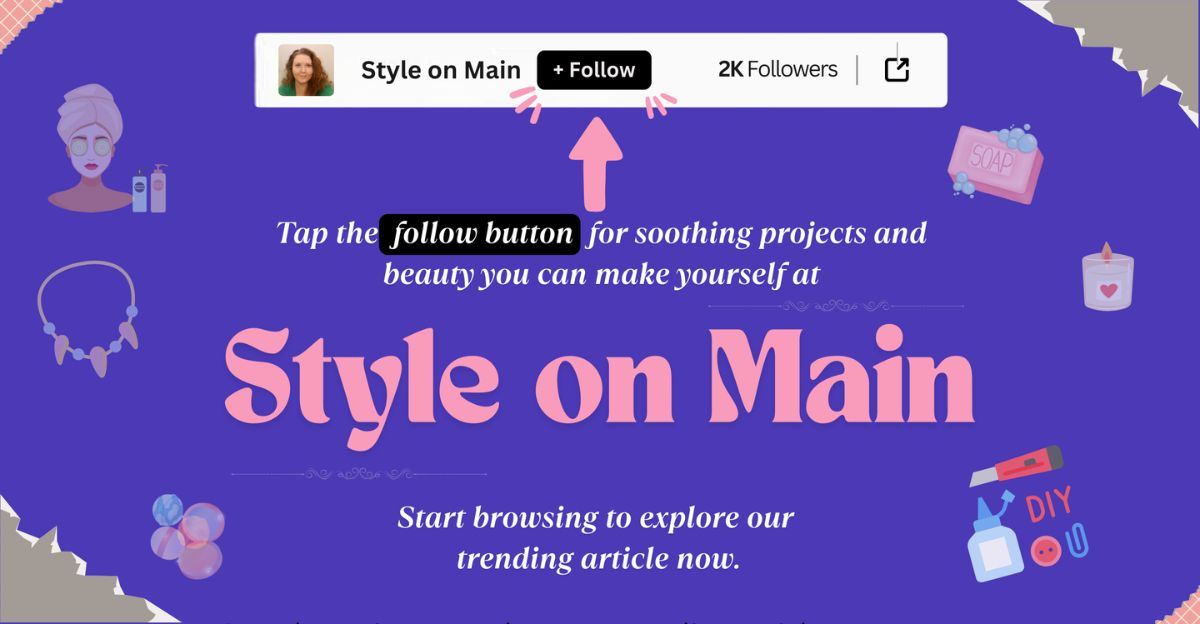
Love content like this? Tap Follow at the top of the page to stay in the loop with the latest beauty trends, DIY tips, and style inspo. Don’t forget to share your thoughts in the comments — we love hearing from you!